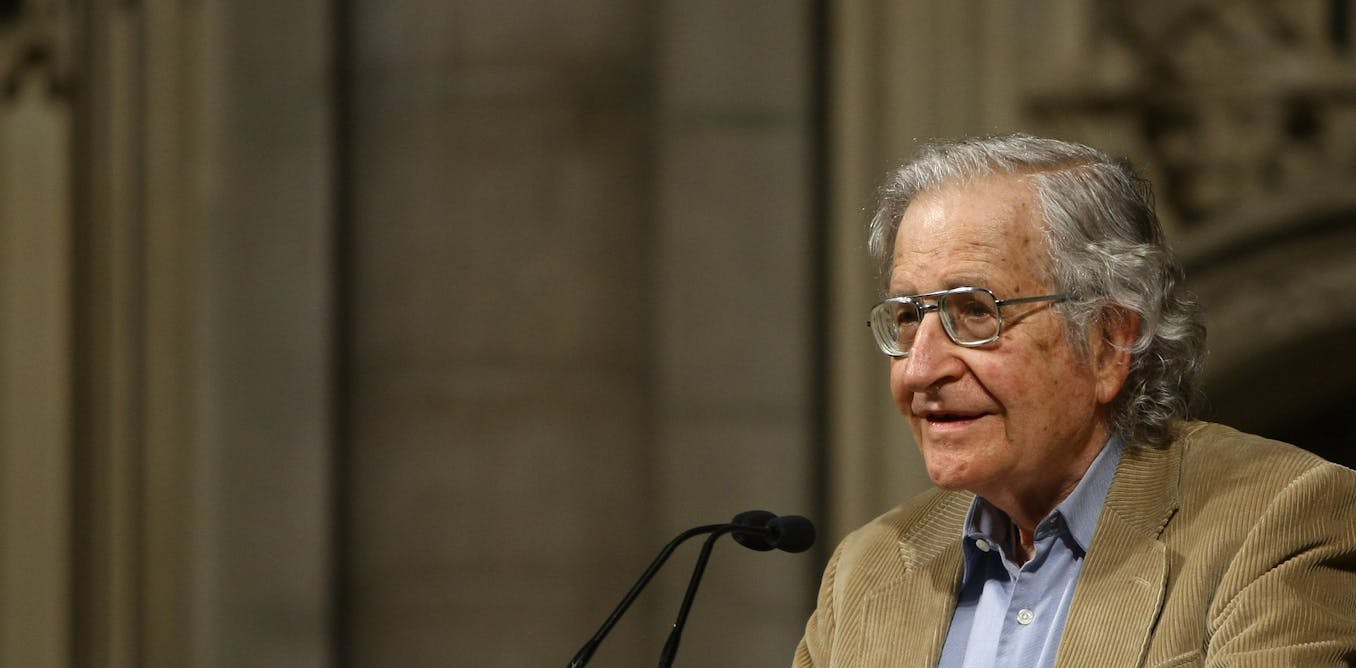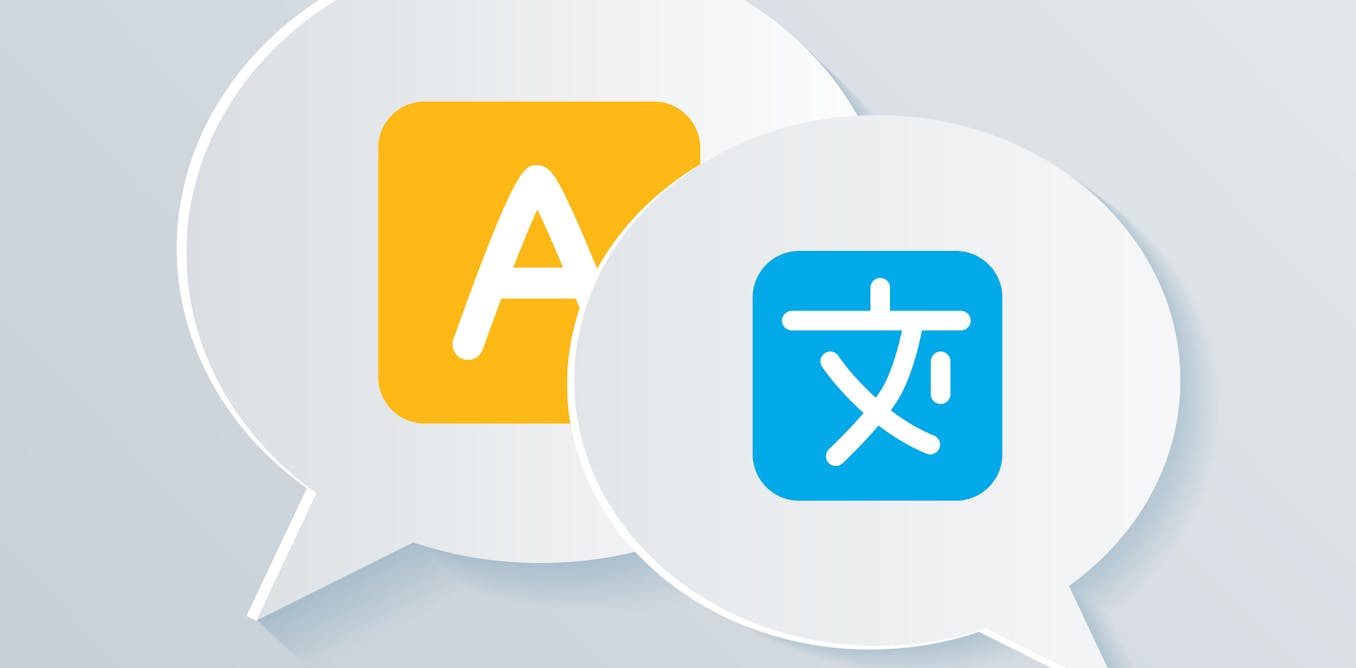Noam Chomsky at 96: The linguist, educator, philosopher and public thinker has had a massive intellectual and moral influence
Noam Chomsky’s notion of the human instinct for freedom ties together his many intellectual pursuits, from educating creative, independent citizens to rejecting social and economic hierarchies.
Dec. 3, 2024 • ~15 min
If you want Americans to pay attention to climate change, just call it climate change
Phrases like ‘climate crisis,’ ‘climate emergency’ or ‘climate justice’ might seem to escalate the urgency, but a large survey shows they don’t help and may actually hurt.
Aug. 12, 2024 • ~5 min
African elephants address one another with name-like calls − similar to humans
Humans aren’t the only animals that have names for each other − and studying animals that use names can teach researchers more about how human names evolved.
June 11, 2024 • ~9 min
Are you really in love? How expanding your love lexicon can change your relationships and how you see yourself
Words have power, and what vocabulary you have at your disposal to describe your relationships with other people can shape what directions those relationships can take.
Feb. 12, 2024 • ~10 min
When research study materials don't speak their participants' language, data can get lost in translation
Translation involves more than just transferring words from one language to another. Better translations of study materials can improve both the diversity of study participants and research results.
Dec. 7, 2023 • ~9 min
Your mental dictionary is part of what makes you unique − here's how your brain stores and retrieves words
Most people can draw from tens of thousands of words in their memory within milliseconds. Studying this process can improve language disorder treatment and appreciation of the gift of communication.
Nov. 7, 2023 • ~8 min
/
3








